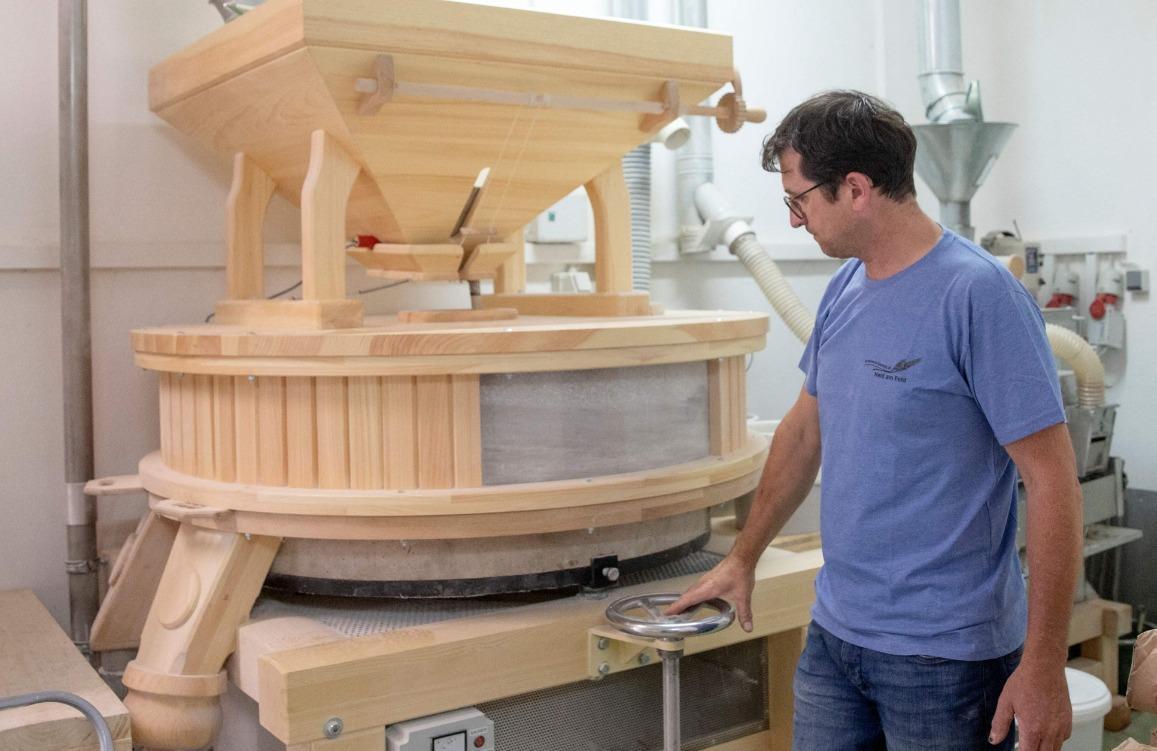Austria farmers up in arms over Brussels GMO plans
VIENNA

The European Commission's proposal to ease current restrictions on genetically modified crops has riled up EU organic farming leader Austria and its farmers.
"I think it's outrageous... They have a nerve even considering this," organic farmer Beate Brenner told AFP on her farm in a small village surrounded by grain and sunflower fields some 100 kilometers northwest of Vienna.
With about a fourth of all agricultural land certified as organic in Austria, the government has said it would lobby to block Brussels' proposal.
Under the plan, the commission wants to allow gene editing with a plant's existing DNA to escape the tough restrictions that apply to plants which have been modified using genes from another organism (genetically modified organisms or GMOs) in terms of authorisations, labelling and monitoring.
"The Commission's proposal is a danger for the Austrian way of agriculture and also takes away consumers' freedom of choice," three Austrian ministers said in a statement last month, just after the commission put forward its plan.
The commission says the rules need to be relaxed to grow crops that require fewer pesticides, are better adapted to climate change and need less water.
The text of the project calls for the existing GMO rules to not apply to genetically edited crops where the modifications could have come about naturally or through traditional cross-breeding procedures.
EU agriculture ministers began discussing the proposal last week in Brussels.
Though no produce coming from these new genomic techniques (NGT) will be able to carry the "bio" label, Austria - known for its small-sized farms - worries that even organic produce could be "contaminated" under the new rules.
This could happen when genetically edited crops are planted next to organic ones or livestock is inadvertently fed with them, the government says.
Hungary and Slovenia have also expressed some reluctance.
Spain, which currently holds the EU's rotating presidency, hopes to conclude an agreement by the end of its term in December.
Powerful agri-groups have been calling for simplified rules to speed up sales of their products, with some EU member countries and lawmakers in the European Parliament's centre-right EPP grouping backing that stance.
As of early July, Brussels had received 90 authorisation requests for NGT crops, a third of which are in advanced research stages.
A few have reached the level of testing in open fields, such as corn in Belgium and potatoes in Sweden.
Leftwing lawmakers and environmental groups, including Greenpeace, are against a "GMO deregulation" with lawmakers demanding a systematic risk analysis, compulsory labelling, and the means to detect and trace such products.
















